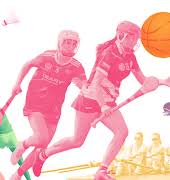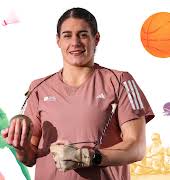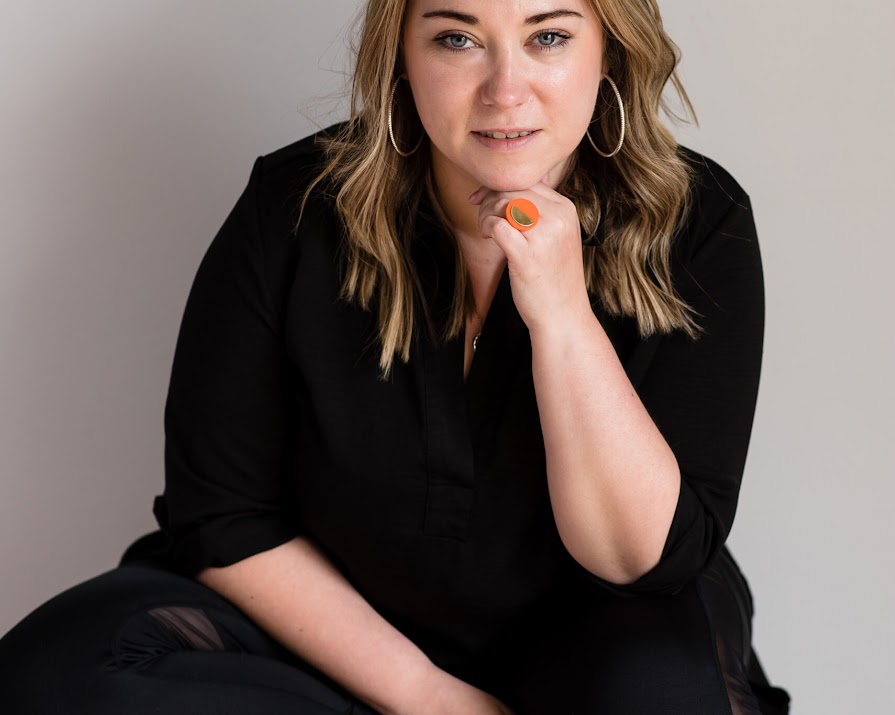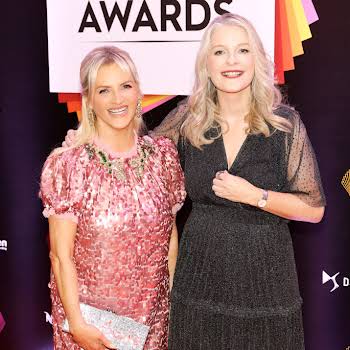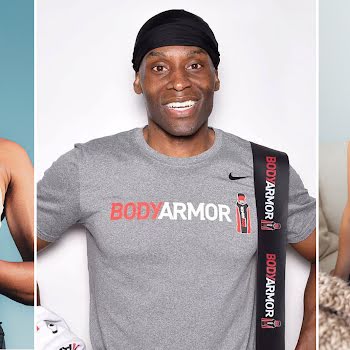
Sponsored
Why don’t women see themselves as leaders, even when they are?
Sponsored By

By IMAGE
25th Apr 2024
25th Apr 2024
Sponsored By

Leadership expert, author and Business Club member Sile Walsh explores the key elements of effective and inclusive leadership and shines a light on the problem of equating leadership to historic hero examples as she launches her new book.
“But I’m not really a leader.”
This is the sentiment I hear when working with highly successful and ambitious women. Even when they hold C-suite positions or are entrepreneurs who have achieved something remarkable.
When we have a notion about what a leader looks like, it can get in the way of who is leading. The people who say this to me often lead differently to what they were told was “great” leadership or in their ideas about leadership.
Advertisement
Who can blame them? The phenomenon of “Think manager, think male” is still active, and despite a desire in some to blame men, we know that all genders have a high frequency of this bias occurring in their thinking. Again, who can blame them? We have had a lot of reinforcement to this belief, which has only recently been disputed by Nobel prize winner Claudi Goldin through her research around the gender pay gap. Her research shows women and men worked a lot differently to the narrative we have been repeating for years.
Not a ‘real’ leader
The idea that “I am not a real leader” isn’t just a women’s issue; men also face it, as some of the historic hero leadership examples don’t fit many people’s personalities, strengths, and preferred ways of leading.
So, what is a leader? In Sile Walsh’s upcoming book Inclusive Leadership: Navigating Organisational Complexity, she breaks it down into three sources of leadership, which focuses on the people you are “leading” rather than your identity or if you are “good enough”.
Sile speaks about the most well-known source of leadership, positional leadership, which is the leadership that is directly tied to an organisational position. Therefore, the source of influence is through that position.
Then she goes on to speak about “thought leadership, ” where a person or group of people source influence through their expertise or thought leadership; people turn to them to understand or know something and trust in their position.
Social leadership sources influence through strong social bonds and effective relational dynamics with others.
Advertisement
Without “followership” there is no leadership, and this reframing of leadership allows us to focus on the relationship between leader and follower rather than placing leadership as an identity.
Leadership as a role
Leadership can only be a role you fulfil for some time; it is not an identity. While transferring leadership skills from one organisation to another is possible, people often need to remember that the quality of their influence and the source of their leadership greatly determine their effectiveness.
So, before you assume you aren’t a leader, ask, “Who am I influencing?” This demonstrates that leadership may occur between you and another.
Inclusive leadership
That’s not all, though, due to the social expectations that are increasing for everyone in a workplace to be inclusive, Sile further defines it as: “Inclusive leadership is the effective use of inclusion practices in all forms of leadership, whether positional, thought, or social leadership, throughout an organisation with the purpose of co-creating an inclusive, psychologically safe, high-performing organisation.”
Whether you run a solo one-person business, are an employee within an organisation without a formal title, or are the C-suite executive, leadership – and, more importantly, inclusive leadership – is all about being effective.
By embracing inclusive leadership practices, women leaders can create more inclusive environments that empower their teams to thrive and succeed. At the same time, they should remember that they lead in ways that are just as important as others but often are less likely to be recognised easily.
Advertisement
To learn more about relational leadership, you can order a copy of Inclusive Leadership: Navigating Organisational Complexity here. 
Sile Walsh (pictured) is a lecturer, facilitator, coach, and consultant who has worked internationally with over 20,000+ leaders and organisations for over a decade. She is an IMAGE Business Club member and author of ‘Inclusive Leadership: Navigating Organisational Complexity’.







